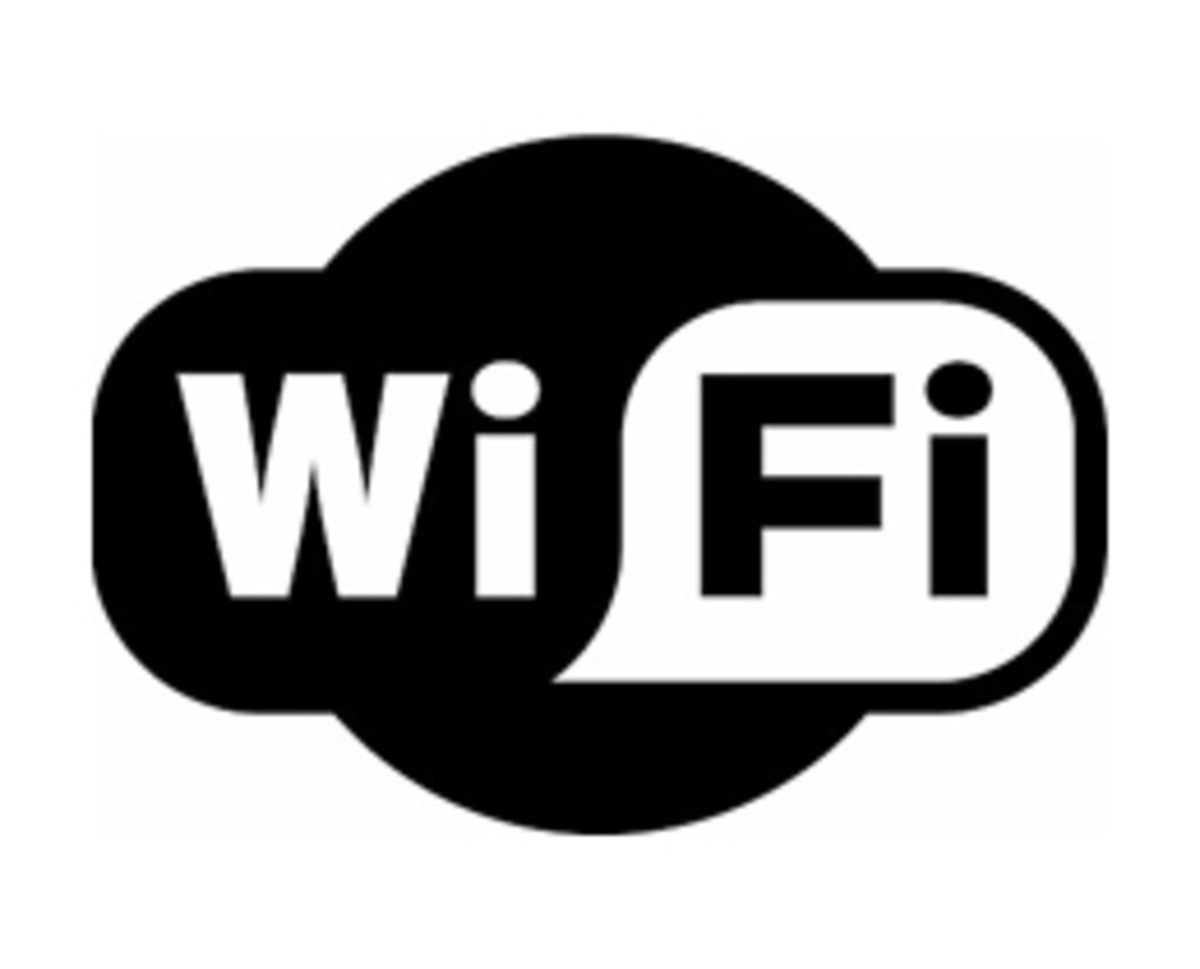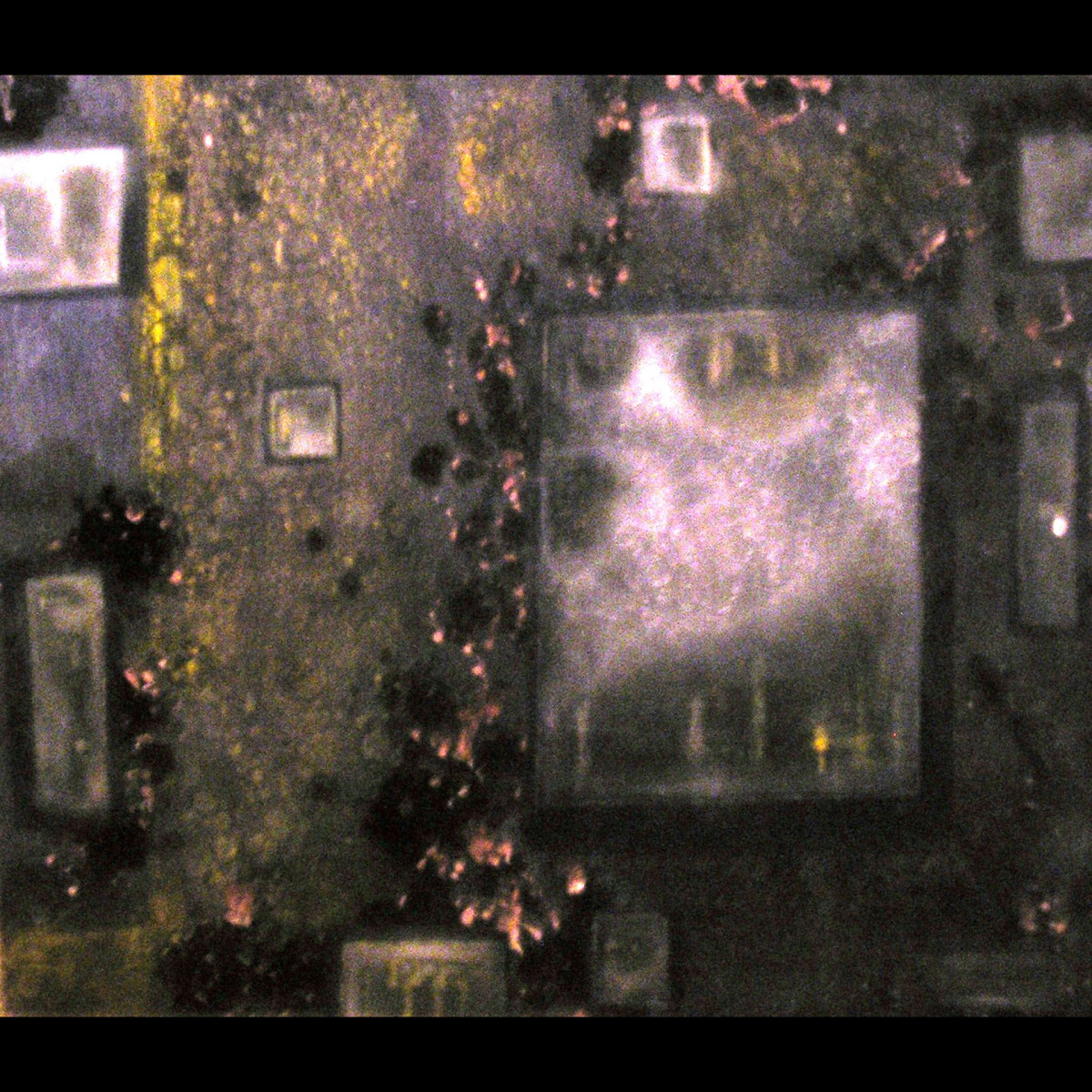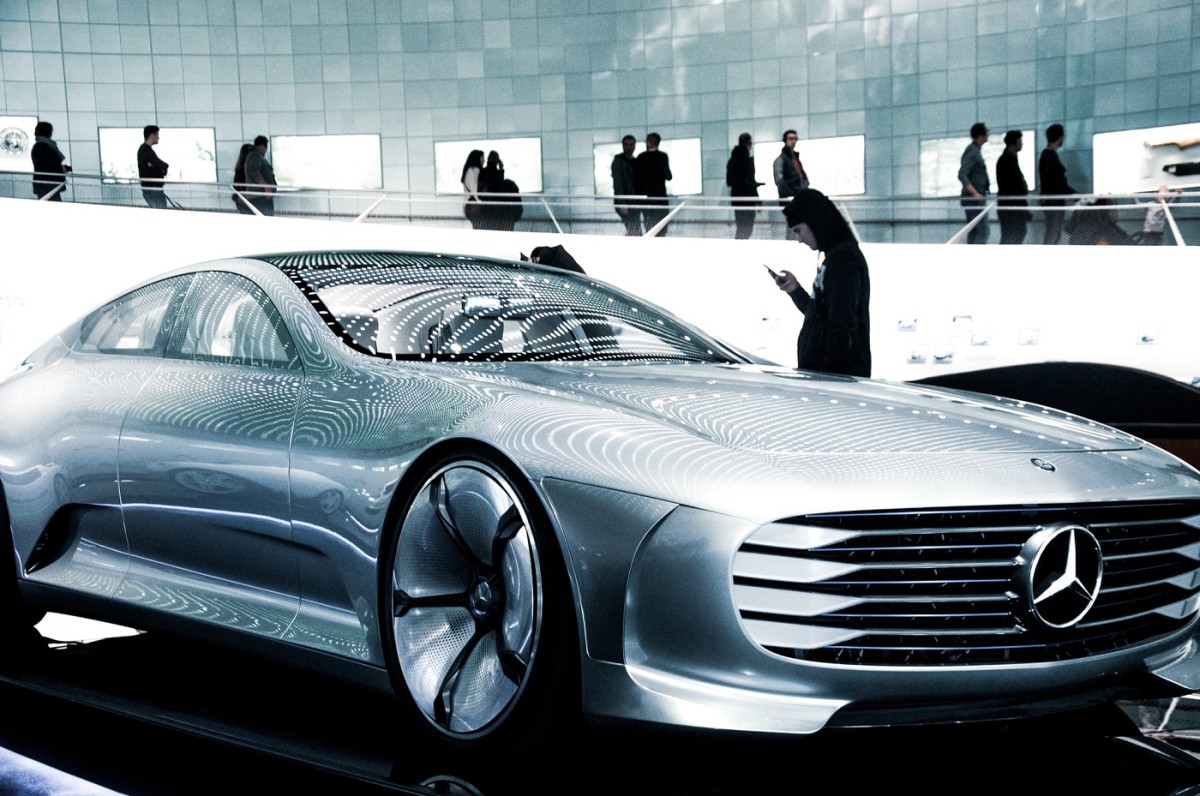How to Avoid Car Hackers

Car Hackers
How to Avoid Car Hackers
By: Steven Rich, MBA
Beware, a new growth industry amongst thieves is car hacking. Modern automobiles have more than 90 microcomputers with many connected to the outer world through electronic communications. Bluetooth, Wi-Fi, and other hi-tech electronic communications systems connect to your new car. This makes your car vulnerable to computer hacking. By being permanently connected makes our autos even more vulnerable to hackers. Ironically, the best methods to prevent hackers are to go back to using old-fashioned ways. Here are some ways to avoid hackers getting into your vehicle’s computer system:
1. Stop using the remote keyless way to lock the doors. The simplest way to hack new cars is by scanning the push button locking system. When you remotely lock your car, it leaves it vulnerable to hackers. So, to avoid hackers simply use the old-fashioned central door lock. There will be no transmission of signals, which hackers can intercept. Nor will scanning the remote pad locking system. When you return, it will be safe to unlock your car remotely because you will be driving away from potential hackers.
2. Hide your keyless fob at home when you are not going to use your car. Place your fob in the fridge or put tin foil around it. This prevents a hacker from using an amplifier that can trick your vehicle into thinking your fob is nearby which may allow access to the vehicle. If your vehicle has a push button start, an amplifier can trick your car into thinking the immobilizer is close-by. Now hackers can steal everything inside your car and even drive it away!
3. An old steering wheel lock system can protect against hackers. That’ because electronic hacks can be set up to bypass a modern computerized steering wheel lock system.
4. General Motors and Testa cars manufacturers hire “good” hackers to test their systems in order to locate vulnerabilities. GM calls it their “bug bounty” which pays white hat hackers to show weaknesses in their vehicle security systems. Upon discovering security vulnerabilities, these manufacturers update their vehicles to prevent them.
5. Avoid driving top of the line vehicles (Cadillac and Tesla are exceptions). High-end automobiles have more computers with connection features than less expensive cars. Therefore, there are more ways for a hacker to penetrate a high-end vehicle’s neurosystem. Savvy security experts drive older cars with no computerized systems for better security. Security experts recommend no USB ports, no computers, no Wi-Fi hotspots, and no wireless connections of any kind.
6. If you have to buy a “connected” car, buy a vehicle using the latest Android Auto or Apple CarPlay system. Both of these systems have better security features than a typical car entertainment system, according to security experts. Using a telematic system with your Galaxy/iPhone is safer than a typical vehicle’s cellular system.
7. Purchase an OBD locking system which is an on board diagnostic feature with a built in link between your automobile and the outside with a portal with diagnostics which can analyze and repair mechanical components. Every car has a port allowing a technician access to the car’s computer system. This allows easy access to the vehicle’s brains where hackers can cause considerable damage upon penetration. This port also provides access to the vehicle’s Electronic Data Recorder that records how fast someone drives. The OBL lock gives you privacy.
8. Purchasing insurance promising to lower your premiums depending upon you driving safely is another potential avenue for hackers. That’s because the insurance company inserts a “dongle” inside the OBD port allowing communication with their home office in a low secured cellular connection which hackers can take advantage. Insurance companies use a snapshot dongle signal with no security allowing hackers to take control of the remote signal and take control of the vehicle.
9. Other companies also have their own OBD dongle, which they would like to install in your vehicle like Samsung ConnectAuto system allowing any business owner to use a Wi-Fi OBD dongle to monitor their fleet of vehicles. This leaves your Electronic Control Unit (ECU) vulnerable to hacking.
10. Finally, never plug any random USB into your vehicle’s dashboard. System software can be updated with a data enabling USB port, which provides direct access to a vehicle’s neurosytem.
In conclusion, modern technology for vehicles opens the doors for hackers to take control. Just like all computers, modern vehicles are subject to malicious hackers. Maybe car manufacturers can come up with better security to prevent hacking. But, until that day comes, follow these tips to safeguard your car from hackers.
COPYRIGHT © 2016 – Steven Rich, MBA








